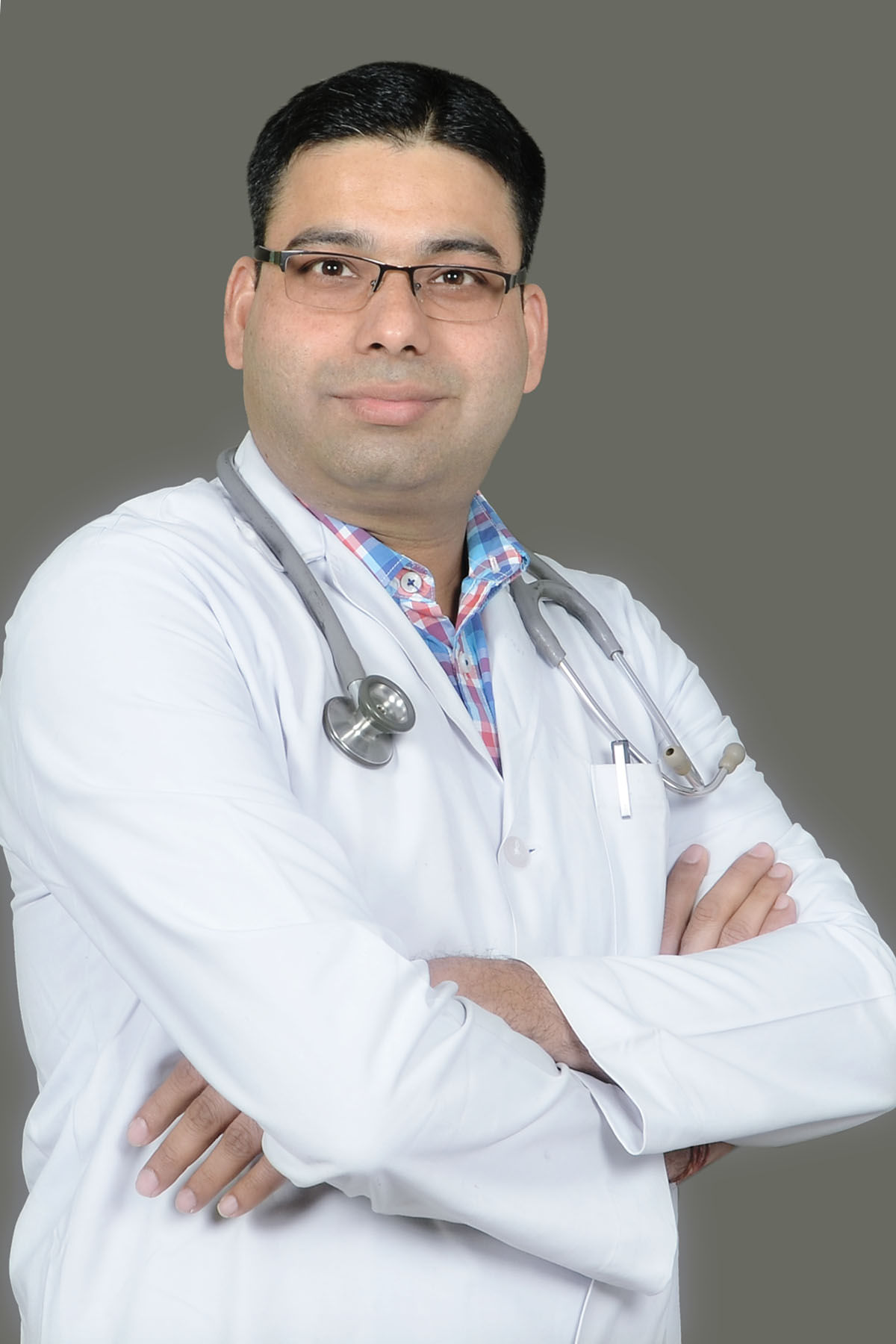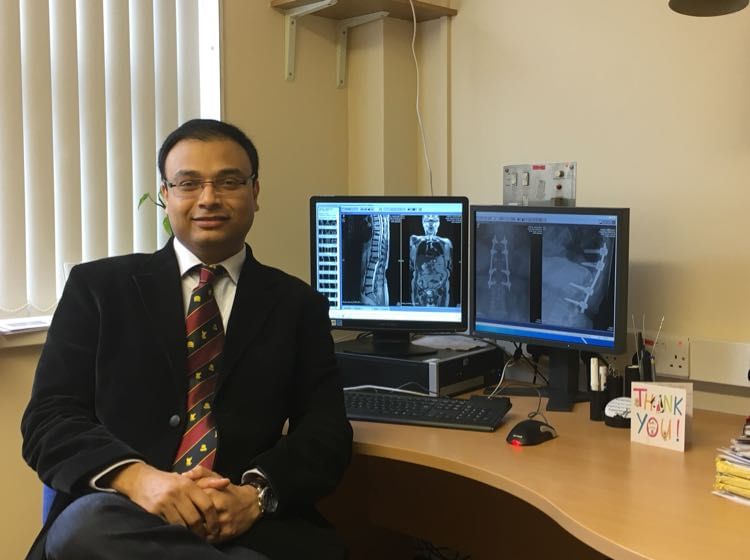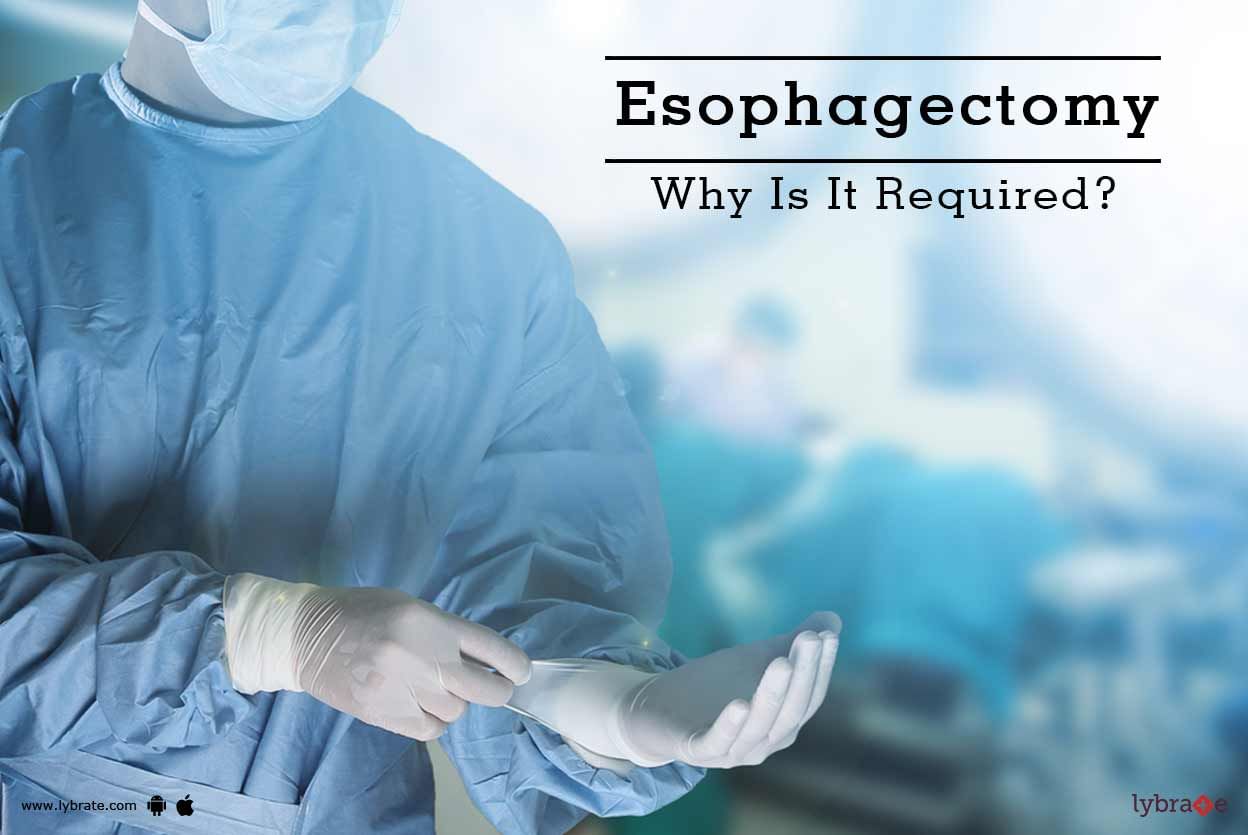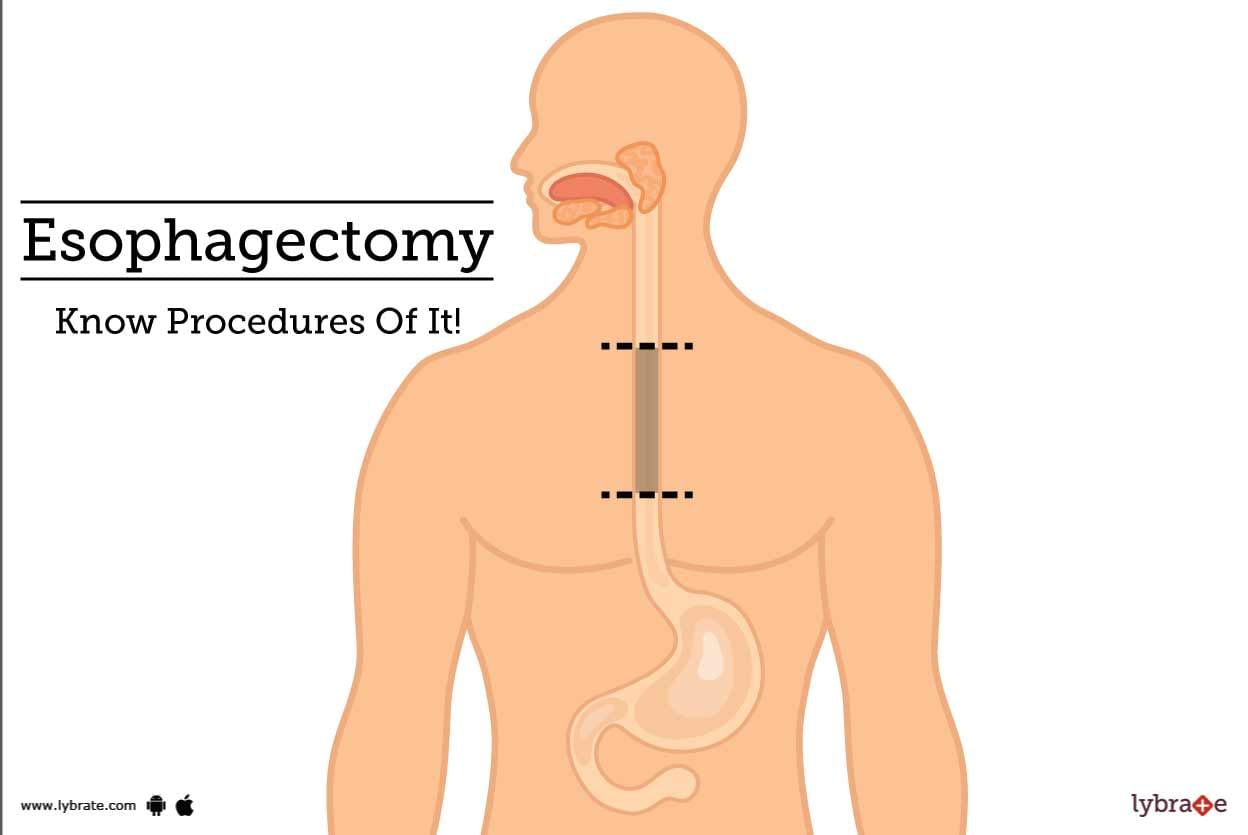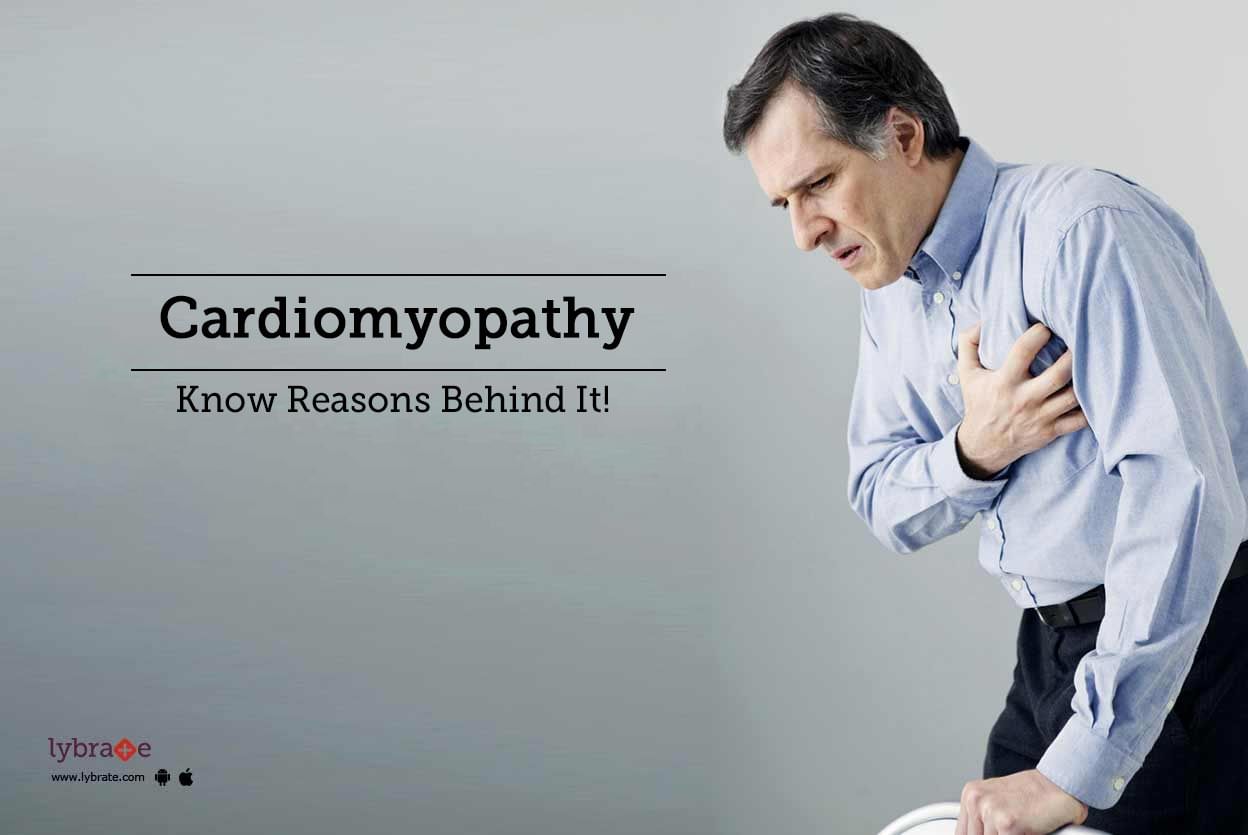Get the App
For Doctors
Login/Sign-up
About
Health Feed
Find Doctors
Health Packages
AllQ&AsTipsQuizzes
Pulmonary Embolism Tips
Last Updated: 8 years ago• Featured Tip
Share
Bookmark
Report
Clotting of blood during or after a pregnancy is fairly common these days. While the reasons for these are numerous, the driving reason behind this being that the mother is weak after such an ordeal and it is, therefore, likely to affect her health. In pregnant women, blood clots tend to form in the deep veins present in the legs or near the pelvic area. The condition is known as Deep Vein Thrombosis (DVT). One of the main concerns for people suffering from Deep Vein Thrombosis (DVT) is the occu...more
Last Updated: 8 years ago• Featured Tip
Share
Bookmark
Report
Clotting of blood is important for us in case of an injury or wound. It prevents the blood to ooze out of the body from any opening. Our blood releases cells called blood platelets, which initiate the process of clotting. However, the clotting of blood inside the veins is not a good thing to happen. This condition is called thrombosis. Moreover, clotting during pregnancy is a serious condition that poses threat to the health of both the mother and the child. In case of pregnant women, clotting o...more
Last Updated: 5 years ago• Featured Tip
Share
Bookmark
Report
Esophagectomy is a procedure of removing a part of the esophagus and reconstructing the same using another organ of the body. The oesophagus is the tube that connects the stomach and the mouth. This procedure is often performed in an advanced stage of esophageal cancer and Barrett s esophagus. This procedure removes the cancer cells from the esophagus and gives relief from the symptoms. The organs from where the reconstructing tissues are taken are generally large intestine and stomach.
more
more
Last Updated: 6 years ago• Featured Tip
Share
Bookmark
Report
Below are some most common types of gastrointestinal cancers, know more -
1. Esophagus cancer (cancer of food pipe): Cancer of food pipe presents as difficulty in swallowing food (Dysphagia) and is usually seen in elderly patients. Gastroenterologists will perform Endoscopy to look for any growth or cancer. High-resolution endoscopy with Narrowband imaging helps in detection of Superficial early squamous cell cancer (SESCC) of esophagus. Biopsies are taken for microscopic evaluation. T...more
1. Esophagus cancer (cancer of food pipe): Cancer of food pipe presents as difficulty in swallowing food (Dysphagia) and is usually seen in elderly patients. Gastroenterologists will perform Endoscopy to look for any growth or cancer. High-resolution endoscopy with Narrowband imaging helps in detection of Superficial early squamous cell cancer (SESCC) of esophagus. Biopsies are taken for microscopic evaluation. T...more
Last Updated: 6 years ago• Featured Tip
Share
Bookmark
Report
Cardiomyopathy is a heart muscle disease that makes it difficult for your heart to supply blood to the rest of the body. This disease affects the heart s size, shape and structure, hence resulting in heart failure. Some of the common types of cardiomyopathies are
Hypertrophic cardiomyopathy
Restrictive cardiomyopathy
dilated cardiomyopathy.
The disease is generally inherited and some family members might get more affected than others, while others may not suffer at all or co...more
Hypertrophic cardiomyopathy
Restrictive cardiomyopathy
dilated cardiomyopathy.
The disease is generally inherited and some family members might get more affected than others, while others may not suffer at all or co...more
Last Updated: 6 years ago• Featured Tip
Share
Bookmark
Report
If you are experiencing difficulty in breathing or rapid breathing, shortness of breath and low blood pressure, you might have been affected with acute respiratory distress syndrome or ARDS. This is a fatal lung condition in which the supply of oxygen to the lungs and into the blood gets prevented. The symptoms of this syndrome develop within two days of the illness.
Here are 10 important facts about ARDS you should know about:
Because of the low level of oxygen in the blood, ...more
Here are 10 important facts about ARDS you should know about:
Because of the low level of oxygen in the blood, ...more
Last Updated: 6 years ago• Featured Tip
Share
Bookmark
Report
Pericardial effusion is the excess fluid between the heart and sac surrounding the heart. The fluid keeps the heart moving in the sac. The excess fluid can cause a problem in the workings of the heart and may lead to death. The space between two layers of sac usually contain 2-3 tablespoons of clear liquid. But pericardial effusion can affect the heart beats and make it weaker.
Causes
The leading cause of the pericardial effusion is pericarditis. In this condition, the layered...more
Causes
The leading cause of the pericardial effusion is pericarditis. In this condition, the layered...more
Last Updated: 6 years ago• Featured Tip
Share
Bookmark
Report
Carotid artery disease occurs when an oily, waxy substance called plaque builds up inside the carotid arteries. These are arteries that supply oxygenated blood to your brain, face, scalp, and neck.
Carotid artery disease is very serious as it can cause a brain stroke. It, in fact, starts with damage to the inner layer of the carotid artery. To stem this damage your body starts a healing process and this leads to a build up of plaque at the point where the artery is damaged.
When thi...more
Carotid artery disease is very serious as it can cause a brain stroke. It, in fact, starts with damage to the inner layer of the carotid artery. To stem this damage your body starts a healing process and this leads to a build up of plaque at the point where the artery is damaged.
When thi...more
Last Updated: 6 years ago• Featured Tip
Share
Bookmark
Report
The surgical procedure to remove the oesophagus (the tube between your stomach and mouth), partially or completely, and reconstruct it by using a section of the large intestine or stomach is called esophagectomy.
Esophagectomy is commonly used to treat oesophageal cancer.
Uses:
Early-stage oesophageal cancer is frequently treated with an esophagectomy. Other than that, esophagectomy is also performed to treat oesophageal dysplasia (a condition in which cells in the oes...more
Esophagectomy is commonly used to treat oesophageal cancer.
Uses:
Early-stage oesophageal cancer is frequently treated with an esophagectomy. Other than that, esophagectomy is also performed to treat oesophageal dysplasia (a condition in which cells in the oes...more
Last Updated: 6 years ago• Featured Tip
Share
Bookmark
Report
The surgical procedure to remove the oesophagus (the tube between your stomach and mouth), partially or completely, and reconstruct it by using a section of the large intestine or stomach is called esophagectomy.
Esophagectomy is commonly used to treat oesophageal cancer.
Uses:
Early-stage oesophageal cancer is frequently treated with an esophagectomy. Other than that, esophagectomy is also performed to treat oesophageal dysplasia (a condition in which cells in the oes...more
Esophagectomy is commonly used to treat oesophageal cancer.
Uses:
Early-stage oesophageal cancer is frequently treated with an esophagectomy. Other than that, esophagectomy is also performed to treat oesophageal dysplasia (a condition in which cells in the oes...more
Last Updated: 6 years ago• Featured Tip
Share
Bookmark
Report
Cardiomyopathy is a heart muscle disease that makes it difficult for your heart to supply blood to the rest of the body. This disease affects the heart s size, shape and structure, hence resulting in heart failure. Some of the common types of cardiomyopathies are
Hypertrophic cardiomyopathy
Restrictive cardiomyopathy
dilated cardiomyopathy.
The disease is generally inherited and some family members might get more affected than others, while others may not suffer at all or co...more
Hypertrophic cardiomyopathy
Restrictive cardiomyopathy
dilated cardiomyopathy.
The disease is generally inherited and some family members might get more affected than others, while others may not suffer at all or co...more
Last Updated: 6 years ago• Featured Tip
Share
Bookmark
Report
If you are experiencing difficulty in breathing or rapid breathing, shortness of breath and low blood pressure, you might have been affected with acute respiratory distress syndrome or ARDS. This is a fatal lung condition in which the supply of oxygen to the lungs and into the blood gets prevented. The symptoms of this syndrome develop within two days of the illness.
Here are 10 important facts about ARDS you should know about:
Because of the low level of oxygen in the blood, ...more
Here are 10 important facts about ARDS you should know about:
Because of the low level of oxygen in the blood, ...more
Book appointment with top doctors for Pulmonary Embolism treatment
View fees, clinic timings and reviews
Ask a free question
Get FREE multiple opinions from Doctors
posted anonymously







